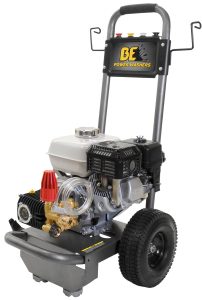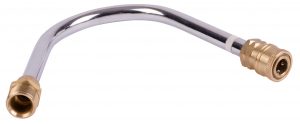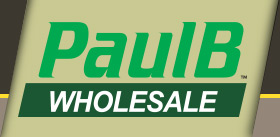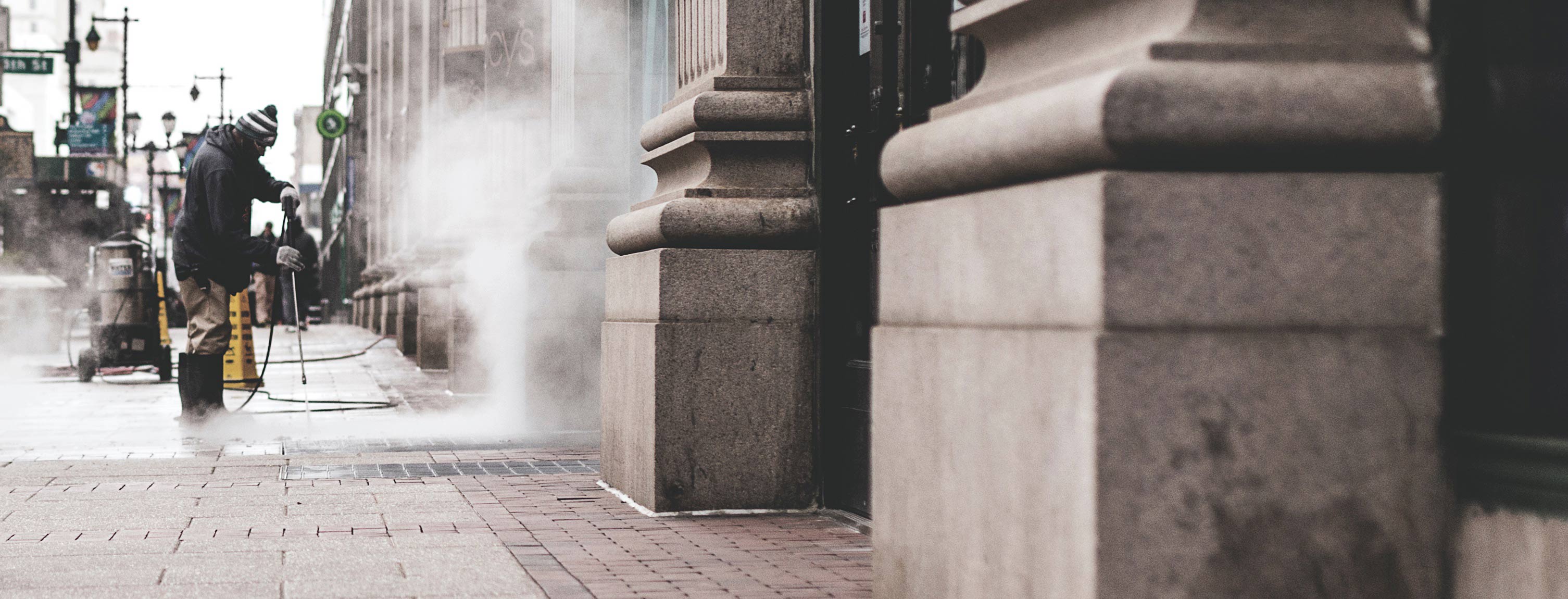Make quick work of heavy-duty cleaning tasks.
Like pressure washers, power washers blast away dirt and debris from various surfaces. Technically, though, a power washer heats the water, which can provide more cleaning power.
But the terms are often used interchangeably, and we’ll do so here.
ELECTRIC OR GAS?
Pressure washers can be electric or gas.
On the price tags, electric pressure washers cost less than gas pressure washers. When you consider pressure AND flow, electric ends up more expensive.
Gas pressure washers typically have more cleaning power, and no cord to wrestle with.
Consider the machine’s flow and pressure when choosing which is best for you.
Smaller, electric pressure washers could be the best choice for homeowners wishing to clean decks, concrete, siding, etc.
Gas-powered pressure washers could be the best choice for more industrial uses, such as removing grease or oil off equipment, tractors, etc.
PSI, GPM, AND CU
For home use or general purpose use, pressure washers under 3,000 PSI are ideal.
 For industrial use, pressure washers with a 3,000 PSI and above are ideal. But PSI is not the only rating to consider.
For industrial use, pressure washers with a 3,000 PSI and above are ideal. But PSI is not the only rating to consider.
Through July, PaulB Wholesale is offering a $100 discount on this 3 GPM 2,700 PSI model with GX Honda Triplex Pump.
CU=PSI x GPM
You’ll want to look at gallons per minute (GPM) also. If your pressure is higher but the flow of water is low, you won’t get the results you hope for.
The PSI and the GPM are multiplied to get a CU rating (cleaning units). A higher cleaning unit will offer a more powerful application.
Say a pressure washer has 3000 PSI and 2 GPM, and another has 2700 PSI and 3 GPM. The first would have a CU of 6000. The second would have a CU of 8100. You might opt for the lower PSI for a better “cleaning unit” measure.
Again: CU=PSI x GPM.
HOT WATER OR COLD WATER
Hot water pressure washers will cost more. Opt for a hot water application if you need to remove grease or oil. Grease and oil molecules break down when temperatures rise.
Cold water pressure washers are sufficient for removing general dirt and debris.
SOME PRECAUTIONS
Wear safety glasses when using a pressure washer. There’s dirt involved. There’s pressure involved.
When not in use, turn the pressure washer off. You may overheat the pump if you don’t power it off when it’s not running.
Test a small, inconspicuous area before pressure washing an entire surface to make sure you have the proper settings and cleaning agent.
Start far away from the surface and work your way closer to it as you wash to find the optimal blasting results.
BOOST YOUR PRESSURE WASHER
 Power washer supplies like soap injectors, trigger guns, roto jet nozzles, nozzle filters, gutter wands (shown) and extension wands can add a lot of convenience to your pressure washer.
Power washer supplies like soap injectors, trigger guns, roto jet nozzles, nozzle filters, gutter wands (shown) and extension wands can add a lot of convenience to your pressure washer.
Become a PaulB Wholesale customer to learn more about these products and to purchase pressure washers and pressure washer accessories online.

